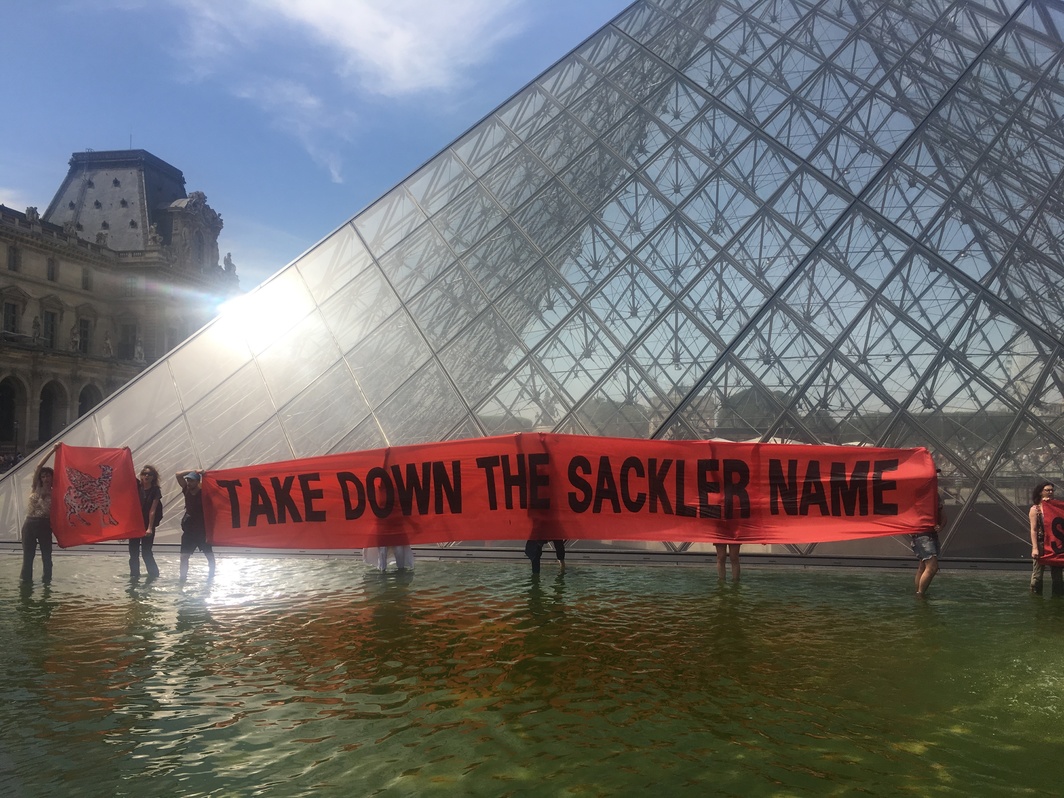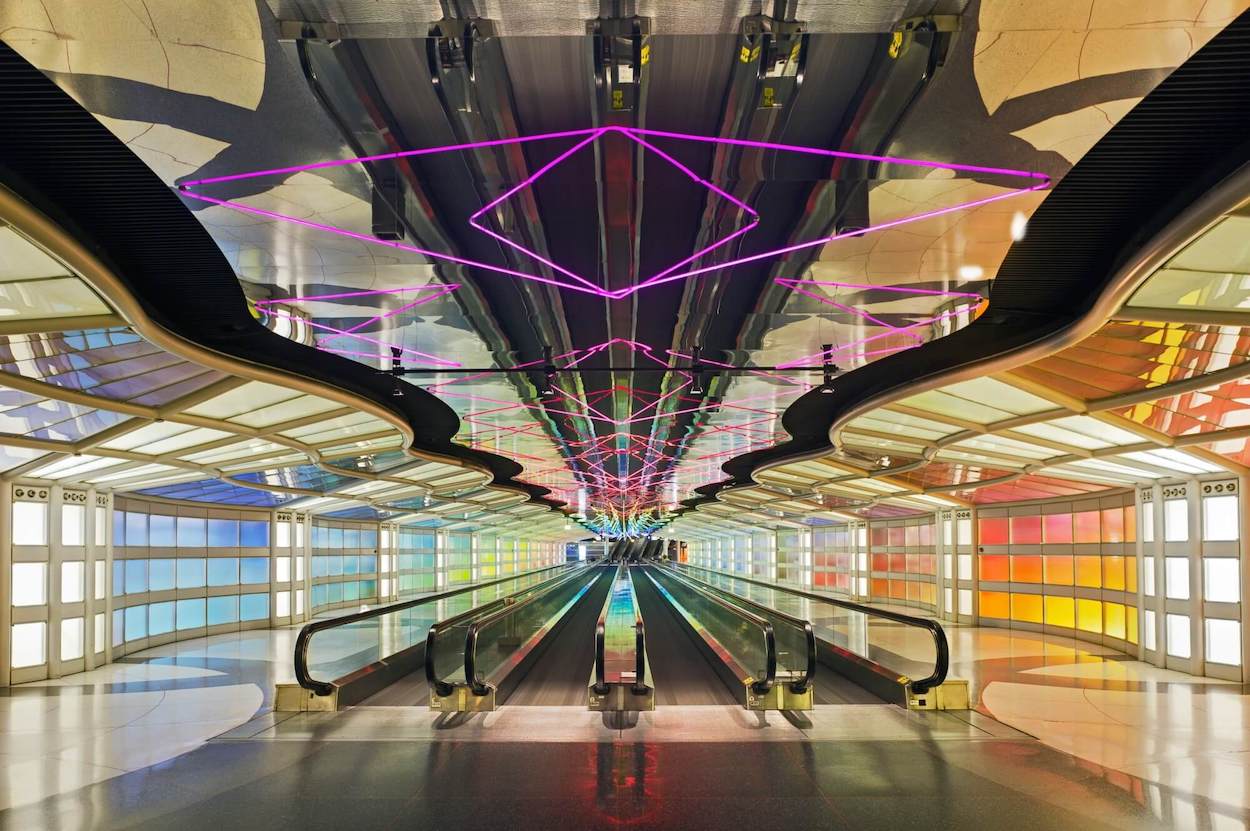The Design Dispatch offers expertly written and essential news from the design world crafted by our dedicated team. Think of it as your cheat sheet for the day in design delivered to your inbox before you’ve had your coffee. Subscribe now.
Have a news story our readers need to see? Submit it here.
As part of a settlement, the Sackler family can’t lend its name to museums for nine years.
The controversial Purdue Pharma settlement over the painkiller OxyContin is one step closer to being finalized, and the Sackler family, which owns the company, will contribute an additional $50 million to a $4.5 billion settlement fund that will be paid out over the next nine years. Though critics hoped to see the family more severely punished for their role perpetuating the opioid crisis, which has killed more than 500,000 Americans in the past 20 years, the family will be prohibited from permitting any new naming rights in connection with charitable donations over that time period. Many cultural institutions, including the Serpentine Galleries, have de-emphasized the Sackler name as a result of the lawsuit, while others have declined gifts from the Sackler family outright.
A lawsuit seeking to halt controversial rezoning in SoHo and NoHo, New York, gets tossed.
The controversial effort to rezone a portion of SoHo and NoHo, New York, just cleared a major hurdle. A recent lawsuit accused the city of failing to give legally required information about its intent to certify the rezoning application, which makes up the first step of the Uniform Land Use Review Procedure (ULURP), 30 days before doing so. Judge Arthur Engoron tossed the lawsuit, concluding that the de Blasio administration provided adequate notice that it was launching the process. The rezoning paves the way for two million square feet of new residential space, a percentage of which would be marked as affordable. Opponents argue that the proposal offers giveaways to developers, who will only create more large-scale luxury apartments that would strip the neighborhoods of their character.
Venues across London recently staged a series of performance art that’s all for sale.
Collectible performance artwork might seem like a novel concept, but a new program seeks to bring that type of artwork to the global stage. Performance Exchange, which was held in London from July 9 to 11, aimed to give collectors a better understanding of what it means to own a piece of performance art. “What the market supports and what artists make doesn’t particularly match up at the moment,” Performance Exchange’s founder and curator Rose Lejeune tells The Art Newspaper. “This is an intervention. Performance is more than marketing or an entertaining side act—it is a legitimate, collectible art form.”



